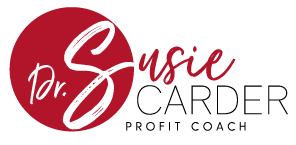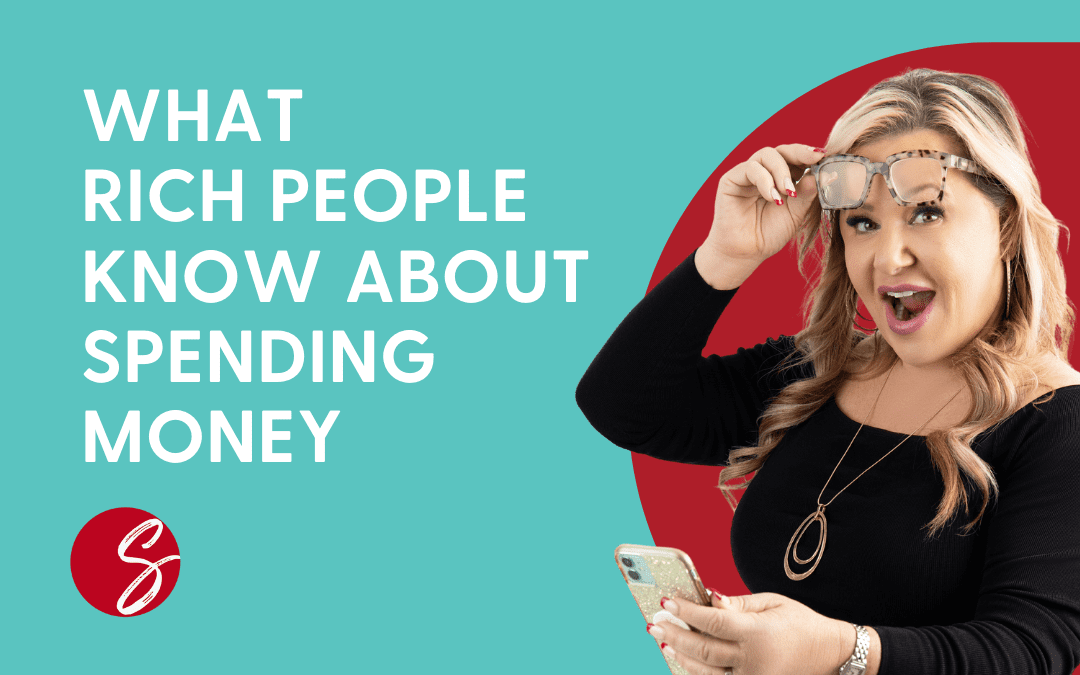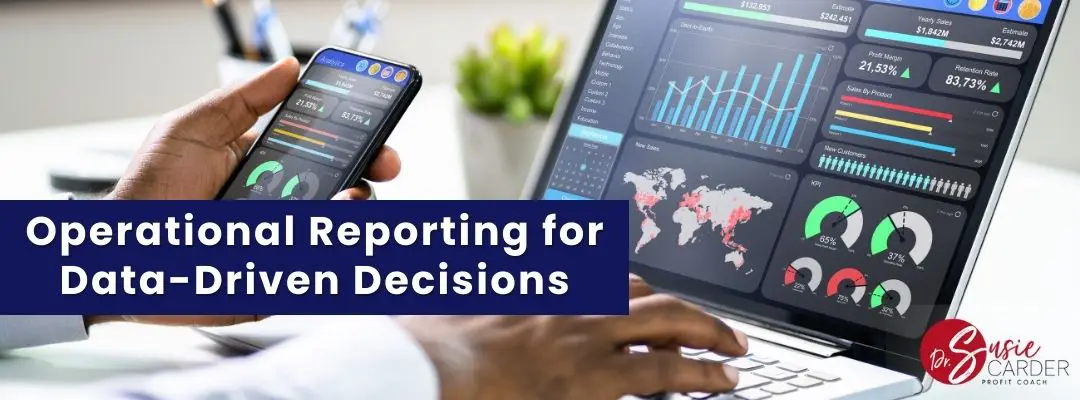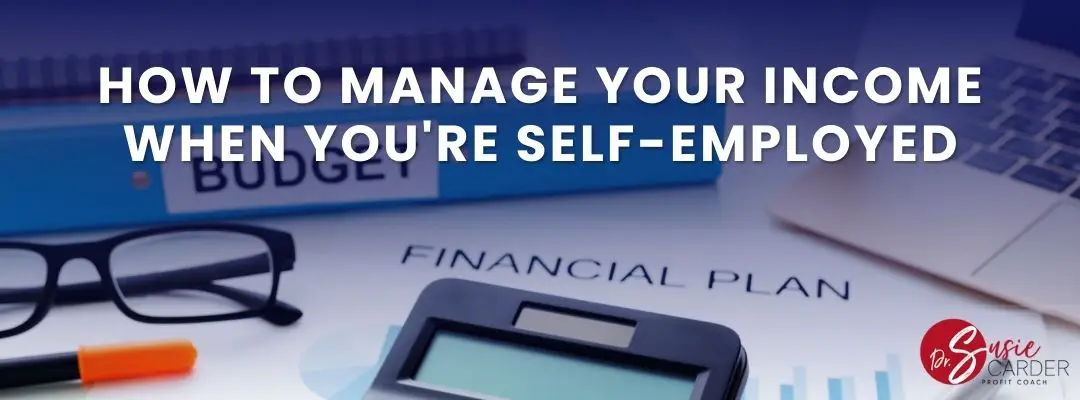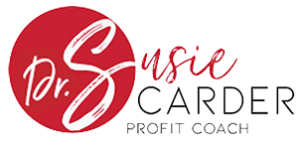Regina Diane, the CEO and Founder of TWG, called Total Wellness Global, has 18 years of business experience, and one of the amazing ladies in my tribe gave some very juicy insight about spending money.
Due to the upcoming difficulty and uncertainty we face, I would like to share this with you.
A lot of times you hear about debt. Debt. Debt. But we really don’t see the magnitude of it and that’s something we have to learn.
How many of you feel like everything will be totally different if you’ve made more money?
The truth is, it’s not always about the more. It’s not always about the more.
Where does your money go?
Think about how much income you make. What was your income last year?
Let’s just take $100,000 as a nice round number. Do the calculation in your head.
If you made $100,000 last year, how much money did you make when you first came into the workforce? When you first started working how much money did you make? Compare that to what you made last year.
Now, take up how much money did you make in the last five years. How much did you make in the last five years? So we’re using my example of $100,000, that’s half a million dollars.
The question is, how much of that can you trace? How much of that can you determine where it went? The wealthy know where their money goes.
Typically when we make more, we upgrade our lifestyle, and there’s nothing wrong with having fun. But people who have been doing it in a systematic process manage it better.
What’s your system in spending money?
What’s your system for the money that you bring in? The money that you create in your business is not you, you and your business are two separate entities.
So if you’re properly structured you should be paying yourself about 50% of your business income as a personal service company. And, if you’re making a million dollars, your salary should be about a half million. So where’s the money?
The way you truly build wealth is you begin to take your earned income, and create an income.
How long can you keep up with that pace? What happens when you stop?

The whole purpose of the business is just to be a cash cow. The money is just a cash cow for you; go create your own economy right now and generate an endless income stream.
How are you going to catch on when you’re burned out? So it’s not about the more. It’s about keeping more of what you have coming in.
A lot of times we’re talking about how we can grow money.
Should you buy bitcoin? Should you buy some stock? That strategy is just like the tip of the iceberg. But when you look under the water, how much bigger is the iceberg? That’s your system.
Ego versus Bank Account
Even if you have the highest income in the past years, you can stay in the same house, drive the same car until you have a monthly net income for what you know you need to live.
Warren Buffett is considered one of the most successful investors in the world and he still lives in the same house.
Don’t go to the grocery store and eat everything out of your pantry. Nowadays, we’re seeing that we can do more with less. No, there is no going back. But when everything shifts and changes, are you going to go back to the way you were doing it?
98% of the population uses debt for material stuff. 2% use debt to build wealth.
The 98% is what we call consumer debt. Pay off your debt.
Why? Because that is an automatic 16% pay increase. Your average credit card has a 16% interest rate. Paying that off gives you a 60% return on your money. Where can you go right now in investment and actually get that consistently? So just paying off your debt, paying off your home gives you so much in return.

Downsizing
If you have a 50 grand car sitting in your driveway that somebody else can love and enjoy, why don’t you just sell it? How much stuff do you have in the house that’s just lying around? That’s money.
If you live in a 6000 square foot home, do you really need a 6000 square foot home? Right now is a great time to downsize.
Another thing is reducing your tax liability. Taxes will always be one of the highest expenses that we will ever have. So it would benefit you to make an investment in learning how to reduce your tax liability.
The more money you make, the more you’re taxed. You can do things like income shifting to make sure you’re properly structured in a proper entity structure formation – S Corp or C Corp.
Most of us coaches are in an S Corp as a personal service company but there is a purpose why you might want to switch to a C Corp. If you have a C Corp, you can fully reimburse all of your medical expenses and that up to $500 that you pay for your medical premiums. If you have a C Corp, you can actually reimburse yourself 100% for all your co-pays, and that’s passable income.

As a person advances in their career or business, their monthly expenses typically increase. Lifestyle inflation is a phenomenon that can pose a problem due to the fact that you might still be able to pay your bills, but it reduces your ability to build wealth.
Building wealth isn’t always about having and spending money more, but how you live your life and what you do with what you have.
